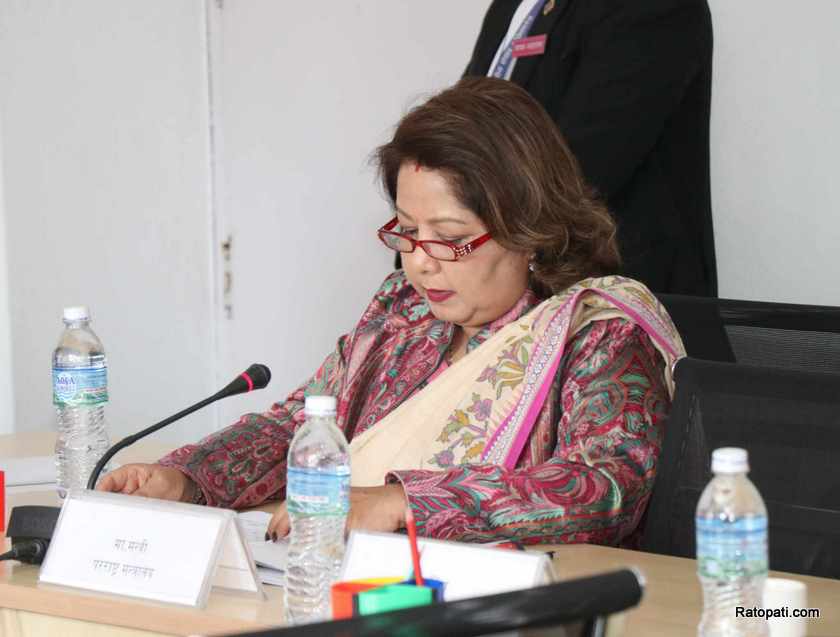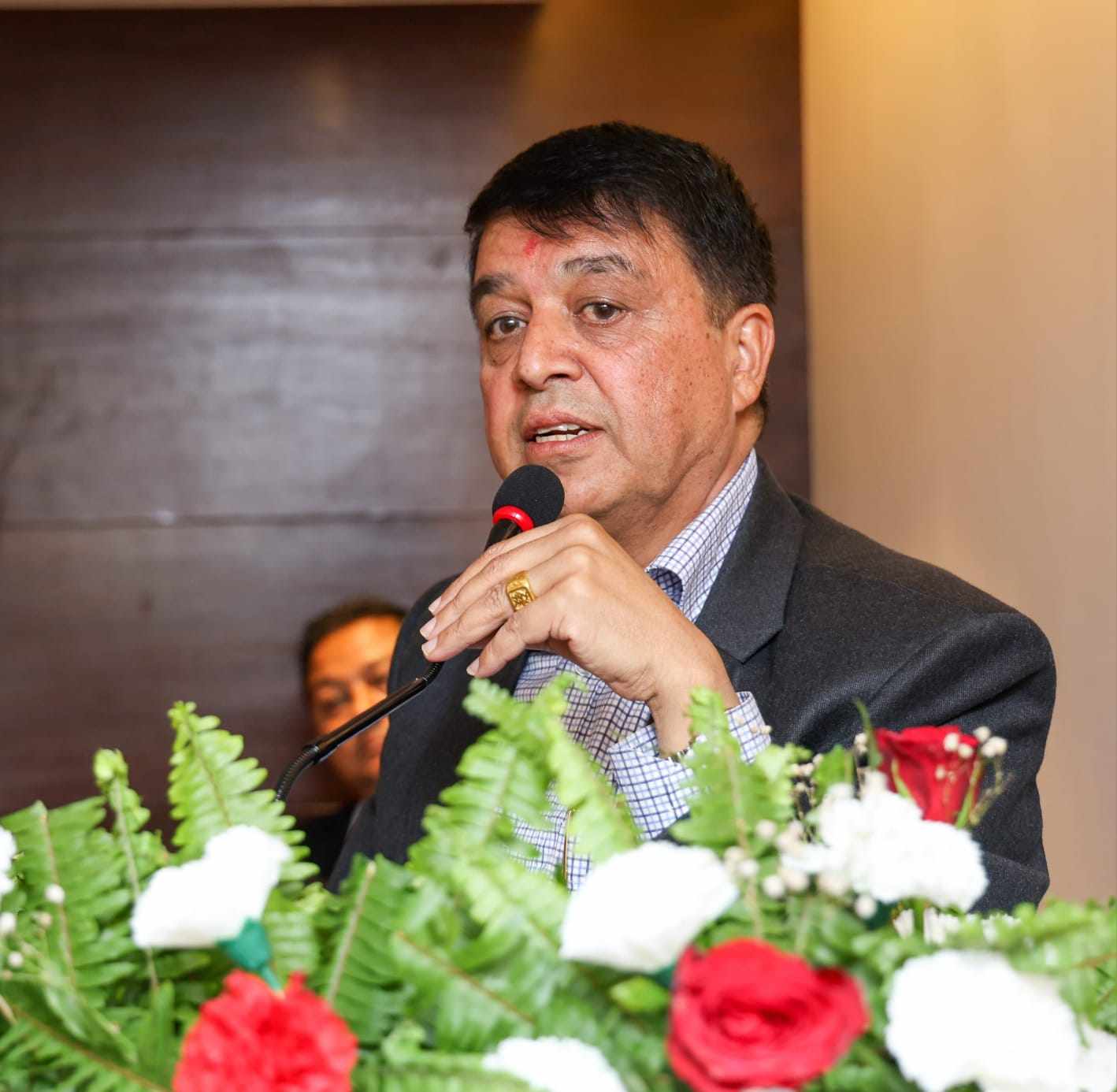Nepal's top companies face income slumps

Kathmandu, August 22 - Bottlers Nepal Balaju, the producer of Coca-Cola in Nepal, reported an income of NPR 11.21 billion for the last fiscal year 2023/24. This is a decrease from NPR 12.6 billion in the previous fiscal year 2022/23, reflecting an 11 percent drop in income.
Himalayan Distillery Limited, one of Nepal's largest companies, also experienced a significant decline, with its income falling by approximately 27 percent. The company earned NPR 5.65 billion in 2022/23 but reported NPR 4.12 billion in the last fiscal year.
Similarly, Bottlers Nepal Terai, another Coca-Cola distributor, saw its income decrease by 6 percent last year. The company’s earnings fell from NPR 9.32 billion in 2022/23 to NPR 8.75 billion.
Unilever Nepal's income for the last fiscal year 2023/24 was NPR 8.23 billion, down from NPR 8.48 billion in the previous year 2022/23, representing about a 3 percent decline.
Major cement companies also reported reduced incomes last year. Ghorahi Cement's income decreased by 3 percent, Sonapur Minerals' by 5.20 percent, and Shivam Cement's by 0.60 percent.
The decline in income has impacted the net profits of these companies. Bottlers Nepal Balaju saw a 59 percent drop in net profit. In 2022/23, the net profit was NPR 1.56 billion, which fell significantly in the last year.
Himalayan Distillery’s net profit also decreased by 46 percent, from NPR 660 million in 2022/23 to NPR 353 million in the last fiscal year.
One of Nepal's top cement producers saw an 18 percent reduction in net profit, dropping from NPR 21.38 million in 2022/23 to NPR 17.42 million.
Banks also had reduction in profit
The banking sector also experienced a decline in profitability. For the last fiscal year 2023/24, the total profit of 20 commercial banks was NPR 64 billion. While overall bank profits increased by 13 percent, half of the banks reported a decline in their profits.
Former Executive Director of Nepal Rastra Bank, Nar Bahadur Thapa, attributed the decline to factors such as low loan demand, insufficient private sector investment, and reduced business confidence. Thapa noted that the lack of loan demand and stagnant interest rates have negatively impacted bank profits.
Last year, banks such as NIC Asia, Machhapuchhre Bank, Citizens Bank, Nepal Bank, Standard Chartered, NMB Bank, Sanima Bank, Siddhartha Bank, Global IME Bank, and Rashtriya Banijya Bank reported decreased profits.
The distributable profit of the 10 banks with increased profits was also very low, showing a 51 percent decrease compared to the previous year.
Reasons for decreased income
Experts suggest that the economic slowdown since the COVID-19 pandemic has disrupted market dynamics. Despite ample investable funds in banks, investments have not flowed into the market effectively. Government data indicates a weakening investment trend in the manufacturing sector over the past three fiscal years, which has led to reduced bank lending and delayed debt recovery.
Rajesh Agarwal, President of the Confederation of Nepalese Industries, explained that declining investment in the manufacturing sector affects the overall economy. He noted that the recession and decreased market demand have led to industries operating below capacity, increasing production costs and reducing income.
Agarwal also highlighted that decreased investor confidence, both domestic and foreign, is contributing to the economic downturn. The Central Statistics Office data showing a negative trend in the construction sector over the past two years has further diminished demand for construction materials like cement and steel rods.
According to Agarwal, this cycle of reduced investment and industry underperformance signals an economic crisis, impacting revenue collection, employment, and overall economic growth in the country.









Leave Comment